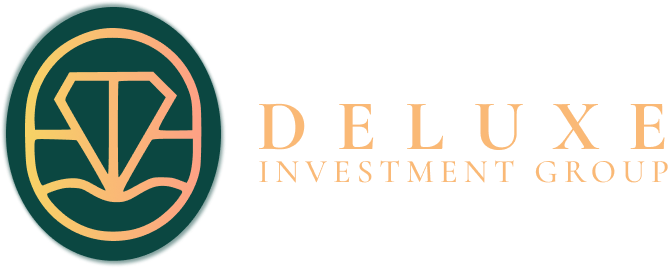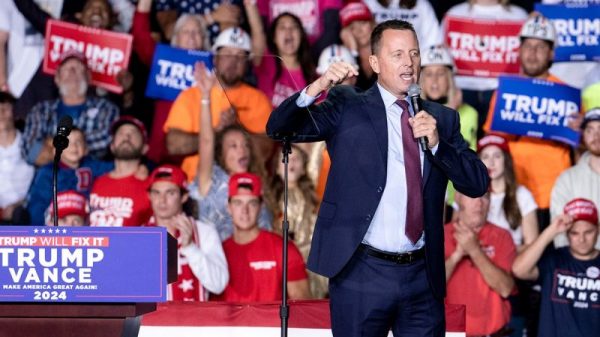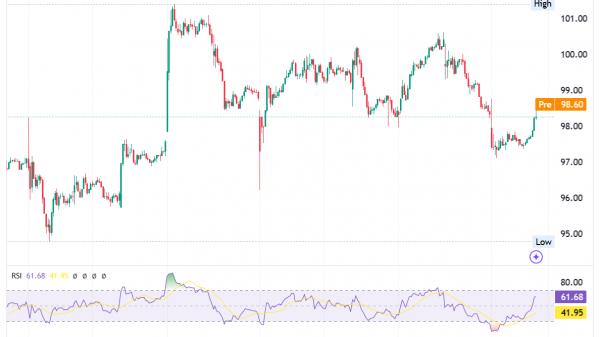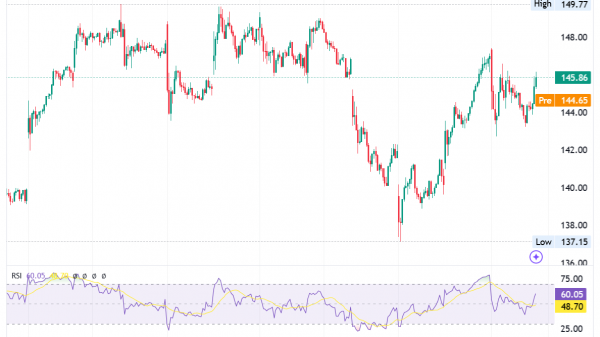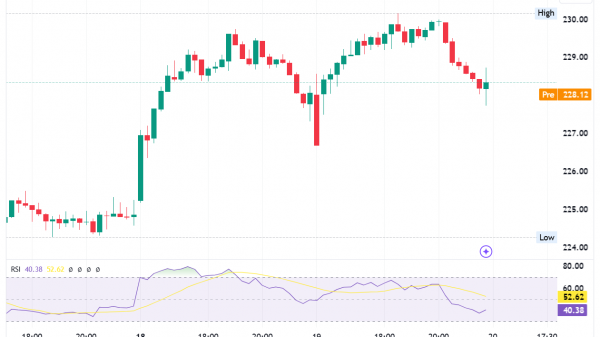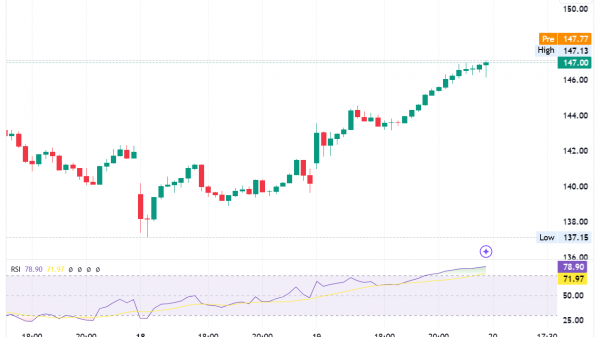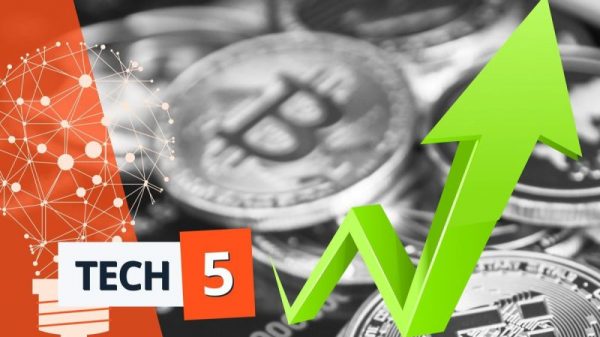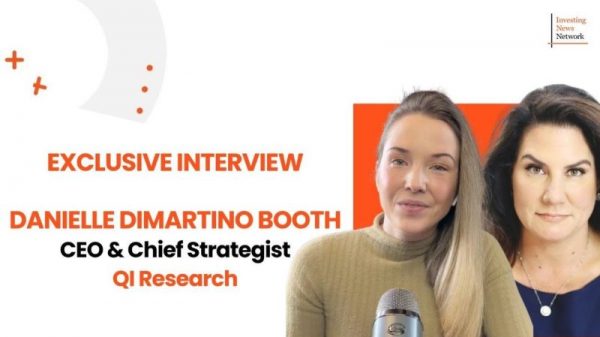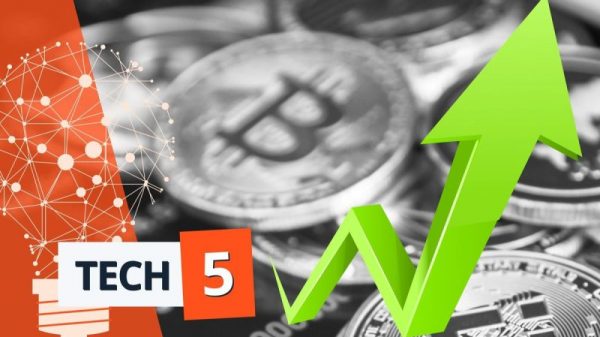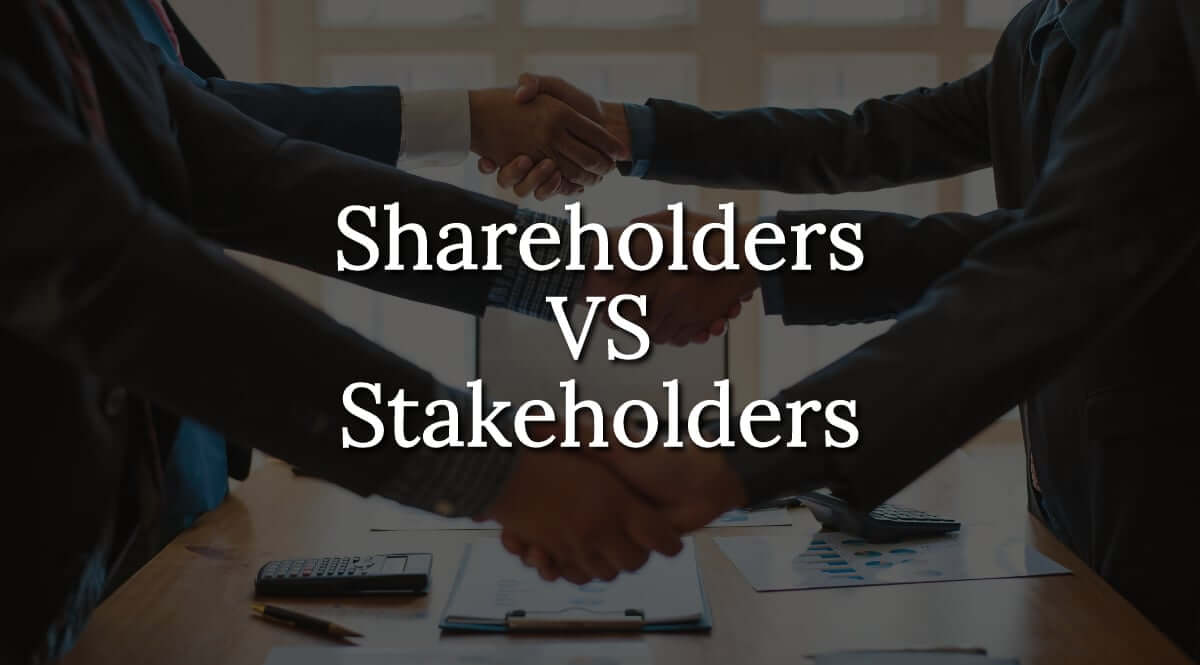Difference between shareholders and stakeholders – Info
Key Takeaways:
Shareholders are primarily investors focused on financial returns, owning specific types of stock in a corporation.
Stakeholders encompass a broader group affected by a company’s decisions, not necessarily owning shares.
The shareholder model emphasizes profitability, while the stakeholder model values broader societal impacts and CSR.
Commitment varies: shareholders often chase short-term gains, whereas interested parties consider the company’s long-term operations and societal influence.
Have you ever considered the main difference between shareholders and interested parties in the market? If you’re considering these two as a career or side job, what do you need to know first? What does it mean when someone has shares or stakes nowadays?
Traders and investors often mix the “shareholder” and “stakeholder” terms and should understand how they differ significantly. A shareholder is an investor in a corporation, owning stock and holding a financial interest centred on profitability.
In contrast, while potentially having a financial interest, an interested party is anyone impacted by a particular corporate decision or project. But before we get to the main difference between shareholders and stakeholders, let’s dive deeper into all these terms, shall we?
What are shareholders?
A shareholder, or stockholder, refers to an individual or entity that invests in a corporation by owning shares. Registered on the corporation’s shareholder list, they can be either:
Common shareholders who often seek short-term profit. The old common stock offers potential higher long-term returns and voting rights on policies and board elections. They face more risk because the company pays them after bondholders and preferred shareholders during liquidation.
Preferred shareholders with specific privileges. They possess preferred stock, which often has lower long-term growth but guarantees annual dividends. They typically lack voting rights but have priority over common shareholders in case of company liquidation.
What is their influence like?
Note that their ownership percentage determines their influence. Distinct from the corporation, shareholders are typically liable for their debts only after their investment. The board of directors oversees the corporation on behalf of these investors.
What are stakeholders?
Employees and suppliers, whom the corporation affects, make up the interested parties, but they don’t necessarily own shares. The corporation affects employees and suppliers, but they don’t necessarily own shares.
The “shareholder model” prioritizes shareholders’ interests. The “stakeholder theory” in the “stakeholder model” considers parties affected by an organization. It emphasizes corporate social responsibility (CSR).
What is the groupation of stakeholders?
If you’ve been thinking about who are the key stakeholders, it’s crucial to know their groupation first. You can group them based on their connection with an organization. The main three types of stakeholders include:
Primary stakeholders (internal stakeholders): These are individuals or groups directly involved in transactions with the business, such as employees and stockholders. Their interests align closely with the day-to-day operations and success of the company.
External stakeholders can impact or be impacted by business deals, even if they don’t directly participate in them. Examples include the media, activist groups, and communities, all holding the organization accountable through CSR initiatives.
Excluded stakeholders: The broader stakeholder theory initially ignored some, like the general public, but now recognizes them. However, entities like plants and animals often remain voiceless, valued concerning human perspectives.
Now that you understand the basics, let’s discover the main difference between shareholders and stakeholders, shall we?
Key Takeaway: Understanding Shareholders vs. Stakeholders
Shareholders own a specific type of stock in a company and have a vested interest in maximizing financial returns. The primary focus is the stock price, influenced by interest rates and company profitability.
They focus on short-term gains by switching between investments. However, as key stakeholders, their interests go beyond just money. They engage in stakeholder analysis to understand diverse stakeholder interests.
Internal ones, such as employees, focus on the company’s success and quality. External ones, like the local community, want a positive environmental impact.
Timeframes and Commitment – Explained
Shareholders’ commitment often depends on short-term factors that increase profitability, and they might quickly switch investments based on these. With internal and external stakeholders, their focus is on the company’s long-term operations.
They’re less swayed by short-term fluctuations in stock price, prioritizing instead the company’s holistic growth and positive societal influence.
Conclusion: What is the main difference?
Shareholders mainly care about making money from business operations. This is the main difference between shareholders and stakeholders.
They often look to get dividends and are driven by how the company operates in the short term. On the other hand, stakeholders focus on the company’s products, services, and impact on the broader ecosystem.
The post Difference between shareholders and stakeholders appeared first on FinanceBrokerage.
